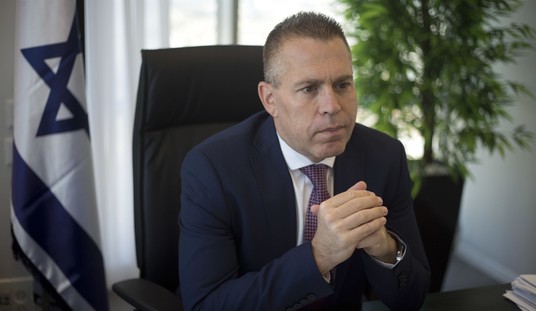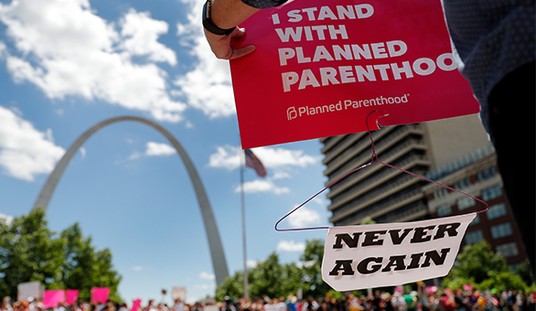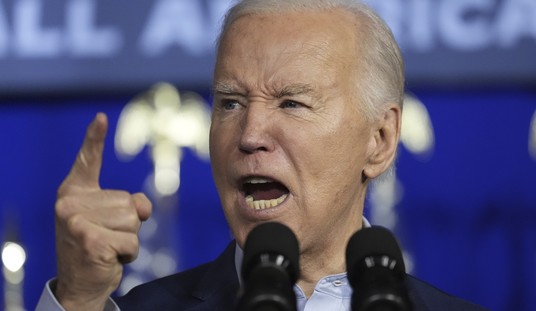The author Dave Breese wrote a book published in 1990 entitled Seven Men Who Rule the World from the Grave. In the book, Reese explains the impact that ideas can have for generations—long after their original proponent has physically passed away. Men such as Karl Marx, Charles Darwin and John Maynard Keynes continue to influence world governments, science and international economics.
In his book, Breese focuses on the negative impact these men had on society as a result of their twisted worldviews. But just as Marx, Darwin and Keynes left a troubled legacy to the world there have been equally influential men who bequeathed a legacy leading to increased freedom and prosperity. One such man was Milton Friedman, who would have been 98 years old on July 30th.
Regarded by many as one of the greatest economists of the 20th century, Friedman had the unique ability to take complex economic matters and explain them in laymen’s terms. It was an ability he shared with another great 20th century communicator, President Ronald Reagan—a leader Friedman frequently advised on America’s economic policy. And just like Reagan’s enduring legacy of eloquently expressing the principles of political freedom, when Friedman passed away in 2006, he left a legacy of advancing the freedom of choice in economics and education.
Friedman wasn’t always the capitalist apologist for which he gained world renowned. In fact, he was a student of Keynesian economics and aided in the expansion of the New Deal government programs during FDR’s administration. But as his understanding increased, he began to understand the true power of an unfettered free market and the inherent danger of government meddling in the marketplace.

He was so influential that in 1976, Friedman won the Nobel Prize in Economics. He advised world leaders and his writings were published around the globe—including his two extremely important works: Capitalism and Freedom and Free to Choose.
Recommended
For the average person, economic policy may seem like a rather boring, remote topic. But in reality, economic policies impact our lives every day. Through his witty one-liners and astute analysis, Friedman was able to help average people understand just how government economic policies would ultimately impact their lives—and why it was so crucial for citizens to care about the policies implemented in government.
Earlier this year a very clear example of Friedman’s legacy—and the impact of economic policies—was presented in the results of two earthquakes. The 7.0 Haitian earthquake on January 12th killed over 200,000 people. Just over a month later, the South American country of Chile was also hit by an 8.8 earthquake—500 times greater than the Haiti quake. But the loss of life was around 500 people.
So why the significant difference in loss of life? The Wall Street Journal published articles detailing how Chile implemented the economic free market policies proposed by Friedman in the 1970s. As a result, the nation flourished economically. It is now the richest nation in South America and it’s the 10th freest economy in the world. On the other hand, Haiti is one of the poorest nations on earth, and has poor governance that prevents economic prosperity. Nations with economic freedom and prosperity are better able to prepare for disasters such as an earthquake and build structures that can withstand such natural disasters. Ill-governed, poor nations that have little economic prosperity are left to the mercy of nature, such as was witnessed in Haiti. Government and economic policies have a direct impact on the safety and wellbeing of a nation.
Towards the end of his life, Friedman devoted himself to another great cause—school choice. Some have called it the civil rights issue of the 21st century. As a proponent of freedom of choice in the marketplace, Friedman understood that choice in education was crucial to providing students with their best chance for prosperity—personally and professionally.
Lance Izumi, the Koret senior fellow and senior director of education studies at the Pacific Research Institute, knew Friedman and this week he shared some thoughts on what he considered Friedman’s greatest legacy. “It’s ironic that you have this 90 year-old economist and his passion was for helping little kids. Children were the real motivating force for his policy views,” explained Izumi. “The fact there is a strong and energetic school choice movement shows his ideas will have legs. Friedman believed everybody—poor and wealthy—has the inherent right to have choice in how they educate their children. That’s why he supported universal voucher programs.”
As for Friedman’s relevance to today’s society, Izumi observed, “Friedman is more important than ever with Obama expanding the size of government. We need to go back to Friedman and remember what he said about the negative impact of taxes and big government and how it impacts society and reduces freedom. Obama has made Friedman more relevant.”
Indeed, it’s during times of great trials and turbulence that a society must look to the wisdom of the great leaders of its past to guide it through problems that were already faced by previous generations. During his life, Milton Friedman taught the world that freedom is worth fighting for, and through his work, he helped bring freedom to millions of people. That’s an enduring legacy.

























Join the conversation as a VIP Member